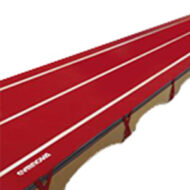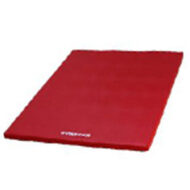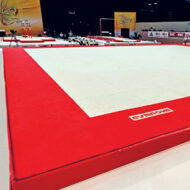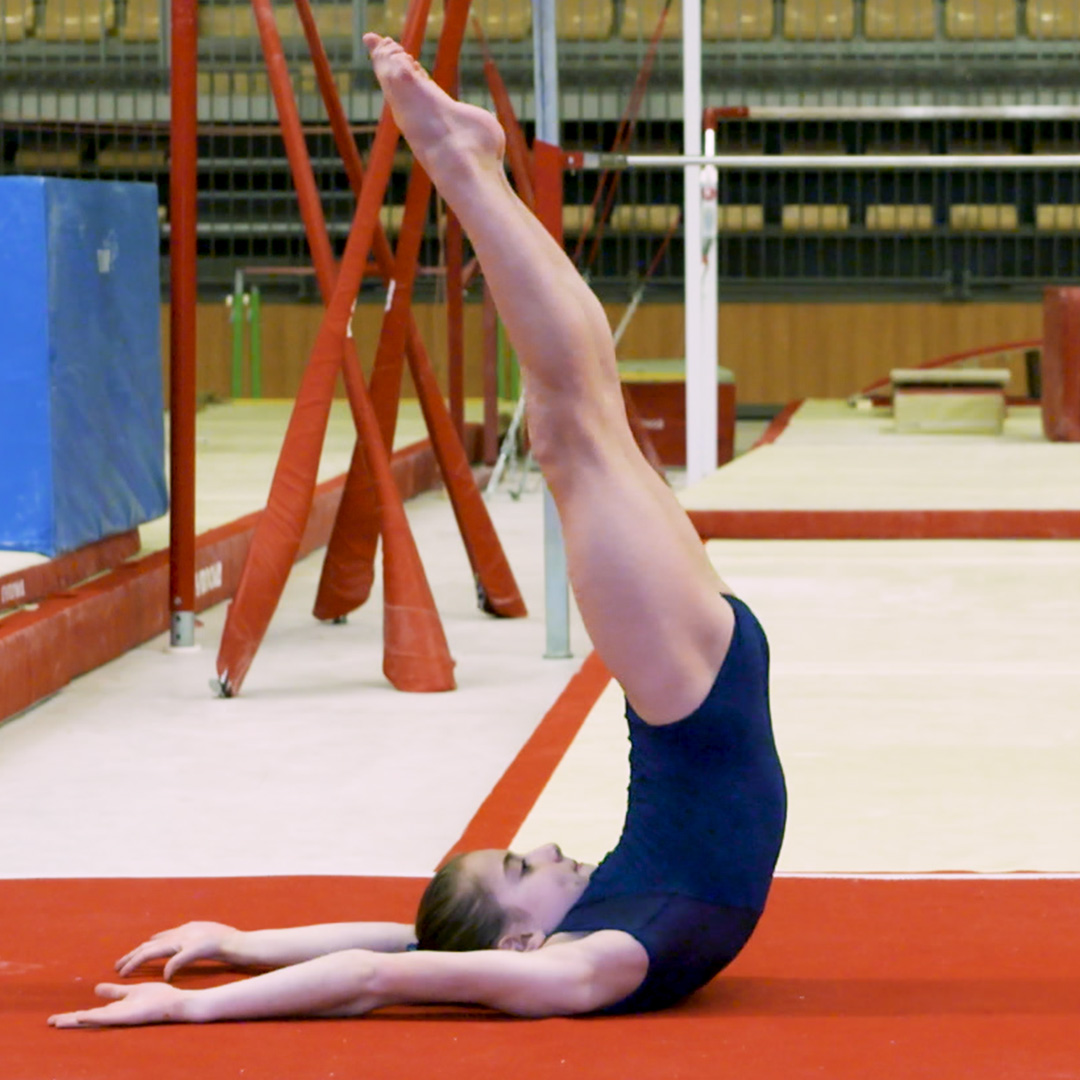The candle stand
How to teach the candle stand on floor



Angelo Ritorto
The candle stand
How to teach the candle stand on floor
description
In this tutorial, you will find a comprehensive study of one of the foundational skills in artistic gymnastics: the shoulder stand.
A true reference element, the shoulder stand is definitely one of the first elements that we teach gymnasts. Learning this movement helps your gymnasts to get to know the sensations of going upside down, to observe their bodies in an unusual position, and allows them to gradually enter the world of rotations.
Gymnasts also learn to get into a hollow – or dish – position with the body tight, and learn the various placements for tuck and pike positions.
After going through the placements and actions to look for in this element, you will find a set of teaching exercises to guide your gymnasts toward perfect execution. We will also see how, by varying the position, we can prepare gymnasts for more complex future acrobatic skills.
To keep progressing in gymnastics, we need a solid foundation. This study of the shoulder stand aims to help you build a solid foundation for your gymnasts so that they enjoy a smooth development as their career unfolds.
Associated books
Let's Teach Artistic Gymnastics - Floor Skills - Volume 1
Learn how to teach:
• Shoulder stand • Forward and backward rolls • Handstand • Forward lunge • Bridges •
All the exercises needed to learn these technical elements, from their beginnings to the execution of complete skills
→ 219 exercises - 184 pages - Format 15 x 21 cm -
A note on the series of books, "Let's teach gymnastics":
• Our books are essential companions to the video training on the same topics that you find in the section "Gymnastics Education" here on GymneoTV.
• Their spiral binding and tabbed pages allow you to quickly find the skills you want to look at, and easily locate the drills and training stations.
• The summaries of technique and the large format illustrations made to scale make these books the ideal companions to your training sessions.
Our advice:
• For training session prep: thanks to the technique summary and icons at the top of each page, you can easily find the stations that match the current needs of your gymnasts. You can also anticipate the equipment needs for your upcoming session.
• During training: with the help of realistic images, you can save time by showing your gymnasts the drills to work on. They will also be able to help you set up the training stations and thanks to the illustrations, they'll more easily understand the task at hand.
• You will improve the constant exchange that you have with your athletes. In fact, when giving your instructions, the illustrations create common ground for discussions or reference points. They make it easy to understand and/or visualize technical placements, which makes it much easier to learn the element.








